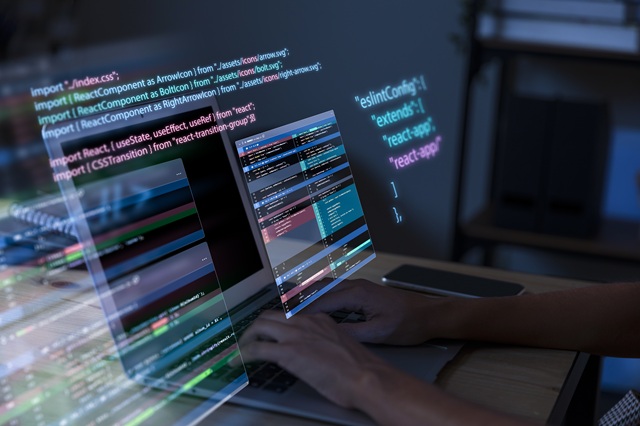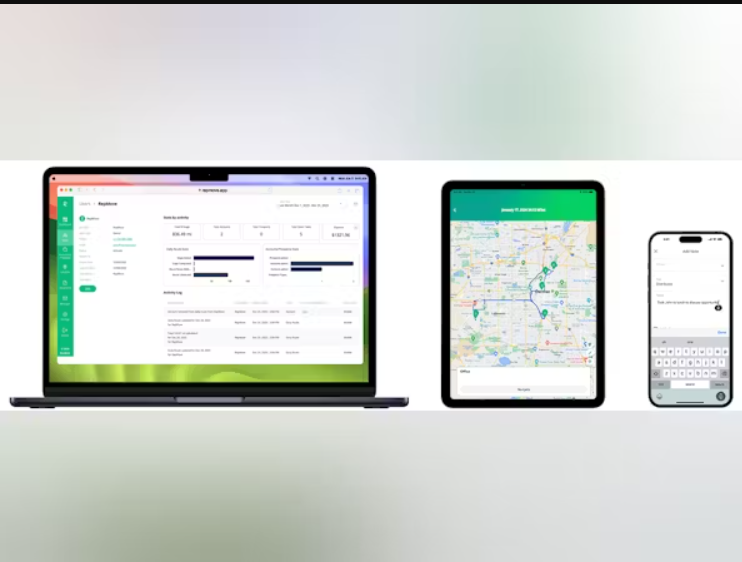
VoIP is the perfect communication solution for business that is more efficient than the traditional systems and also cost-effective. What about voice security in VoIP? Is it secure? Most IT leaders ask this question about VoIP phone security.
According to some IT leaders, it offers more functionalities at a reduced cost. However, VoIP also introduces some security concerns. You need to know that you get increased levels of security with a cloud-based phone system.
This is also true that no system is bulletproof. We discover new issues every day and address those issues to make the system more secure. However, you need to take preventive measures to harden your phone system. In this article, we will see the importance of VoIP security.
VoIP Security
Security is important in phone, fax, intranet or any other system a business uses. Security is essential for businesses of all sizes. Any disruption or phone system breach can be a serious threat. Though it is a better one, Voice over Internet Protocol is also a phone system. Its lower cost entices businesses, especially smaller and medium-sized ones. However, if your VoIP network is not secure, a hacker can exploit it. The nature of security threats and VoIP security are evolving side-by-side. However, you can take some measures to stay one step ahead of attackers.
According to JP Morgan, 94% of the companies in a 2019 survey took steps to strengthen their infrastructure. Their biggest concerns were payment fraud, malware and data breaches.
Voice over Internet Protocol threats are different from other IT threats. The following are the top risks in a VoIP phone system:
- Caller ID spoofing
- Call interception
- Denial of Service (DoS)
Call encryption is a good technology for making VoIP more secure and reliable. However, you need a trustworthy VoIP security provider. If your VoIP system is compromised, attackers can carry out more attacks.
Breaches are becoming more and more costly every year. According to a report by IBM, a breach in 2019 costed $8.1 million in the United States.
Threats also depend on the type of business. Some industries are the most targeted such as e-commerce companies. However, attackers attack other industries as well including financial, healthcare and energy companies being the top targets.
An attacker can use VoIP to carry out the following attacks:
- Using phone calls for social engineering
- Toll fraud
- Disclosing Wi-Fi passwords
- Authentication text messages interception
- Gaining unauthorized access
If you remember, one of the most popular social media platforms, Twitter became a victim of a coordinated attack. Even the CEO of Twitter, Jack Dorsey was targeted with a fraudulent number porting request. Gates, Biden, Musk and many other VVIPs were targeted.
Attackers carry out coordinated attacks using social engineering. The top target is empowered staff in the customer service and the network operations center. Even when you have an intrusion detection system in place, this system becomes useless once someone gains unauthorized access. Compromising a VoIP system or any other system does not require technical skills only. Attackers also use the target’s willingness to help. Therefore, in addition to taking the required security measures, you also need to educate your staff. They should learn about social engineering, fraudulent and other types of threats, especially those involving the target’s willingness.
You also need to choose the right VoIP phone system provider. The following are the important questions you must ask:
- Do you have proper accreditations?
- Does your VoIP system require third-party tools?
- Do you offer call encryption?
- How do you protect VoIP against threats?
The following are the top certifications you should keep in mind:
- HIPAA Compliance
- ISO/IEC 20071
- PCI Compliance
- SOC 2 Compliance



